Covid-19: Students 'terrified' by rising rates
- Published
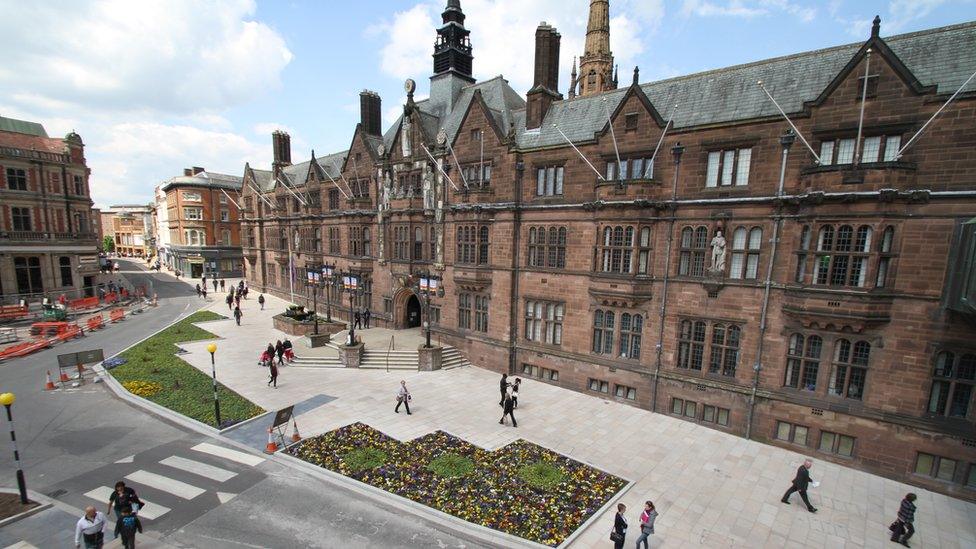
The change to "high risk" status will mean additional measures, preventing households from mixing with one another indoors
Some students say they have have been left afraid to leave their homes as coronavirus continues to spread among young people in Coventry.
Cases are "predominantly" in the younger population, with both the city's universities in areas with high transmission rates.
The city moves to tier two restrictions from 00:01 BST on Saturday.
About 42% of cases are in people aged 18 to 21, Coventry City Council Leader George Duggins said.
University of Warwick student Enoch Mukungu, 19, said he had witnessed some students "flouting the rules" on restrictions, but that he knew far "more people who are staying at home terrified".
"Some are so worried they're not leaving the house," the second year history and politics student said.
"I've seen people get really ill with the virus, and so more and more people are now taking it seriously."

The University of Warwick straddles the border of Coventry and Warwickshire but "stringent" rules had been introduced for all students, it says
A total of 178 staff and students at Warwick tested positive for the virus in the week up to 19 October - out of about 27,000 students and 7,000 members of staff.
'Student-free' shopping
The local area including the main campus has a rate of 1,946 positive tests per 100,000 population, figures show, external, far above the England average.
Chair of the the nearby Cannon Park residents association Dave Swanson said the high rate had left many local residents "too scared" to use shops and facilities, and was asking for "student-free" time to be introduced.
"I haven't found many locals who aren't boycotting the shopping area, because of the risks" he said.
Students not living on campus who have tested positive were a "particular concern", he added.
"I'm not kicking students it's not their fault - they're suffering as much as everyone else," he said.
"But we've got to find a way of encouraging the elderly and vulnerable members of the community to go to the shops and not feel scared."

Analysis by Simon Gilbert, BBC CWR
Coventry's move into higher tier two restrictions has seemed inevitable.
Cases in the city have been rising - and there was a feeling it was lucky to escape tougher restrictions when the majority of the West Midlands was placed under tougher measures last week.
Almost 40% of the new infections here are in the student population at the city's two universities. The local authority hoped leniency would be shown as a result.
But the government has decided now is the time to act, giving parents an added headache as schools in the city break up for half term on Friday.

Co-editor of Warwick University's Warwick Boar newspaper Jasmine Parker, 20, said: "It's been really tough for a lot of students, especially those in their first year."
She said it had been "really upsetting" for those freshers who had arrived at university for the first time, in the middle of the pandemic.
Isabelle Atkins, who's studying for a masters in politics said she had become "hyper conscious" to avoid the virus when visiting campus.
The 23-year-old said she had not left her Warwickshire home since lockdown other than for medical appointments so was "really apprehensive" returning to university.
Her mother has been shielding and she herself has underlying health issues.
"Passing people in corridors, I find myself holding my breath," she said.
"I'm always thinking about trying to mitigate risk the whole time."
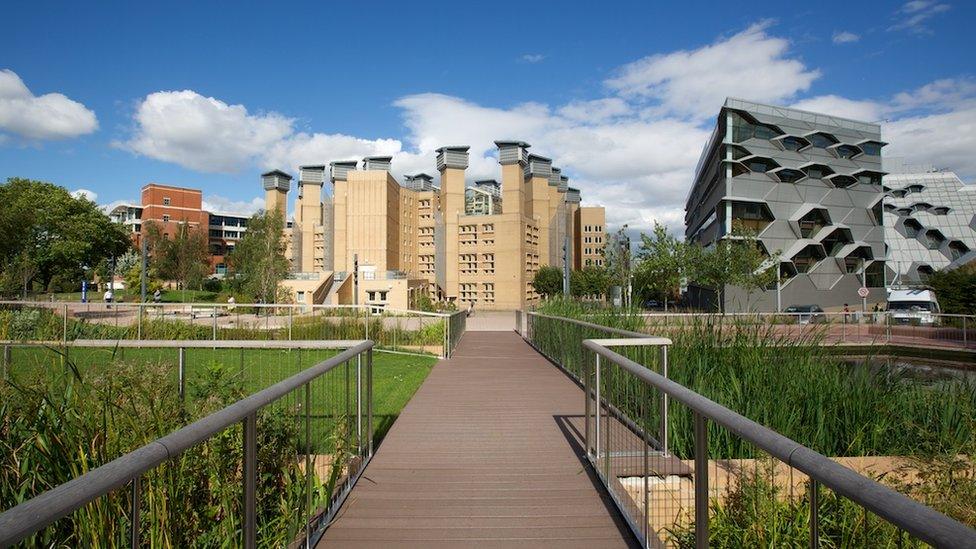
In the week to 20 October, 62 students and two staff members tested positive at Coventry University campuses
Cases are also high in the city centre where Coventry University has a base.
In the week to 20 October, 62 students and two staff members tested positive at Coventry University campuses which have a combined staff and student population of over 32,000.
The Hillfields area around the main campus has seen a rate of 233.9 per 100,000 people, external for the week up to 17 October.
The University of Warwick said it had been running a track and trace system since September allowing it to have a very clear understanding of the actual impact Covid-19 was having on individuals and the campus.
Support has been offered in terms of a click and collect shopping scheme, it said, along with clear guidance and advice for staff and students. , external

Follow BBC West Midlands on Facebook, external, Twitter, external and Instagram, external. Send your story ideas to: newsonline.westmidlands@bbc.co.uk , external
- Published21 October 2020
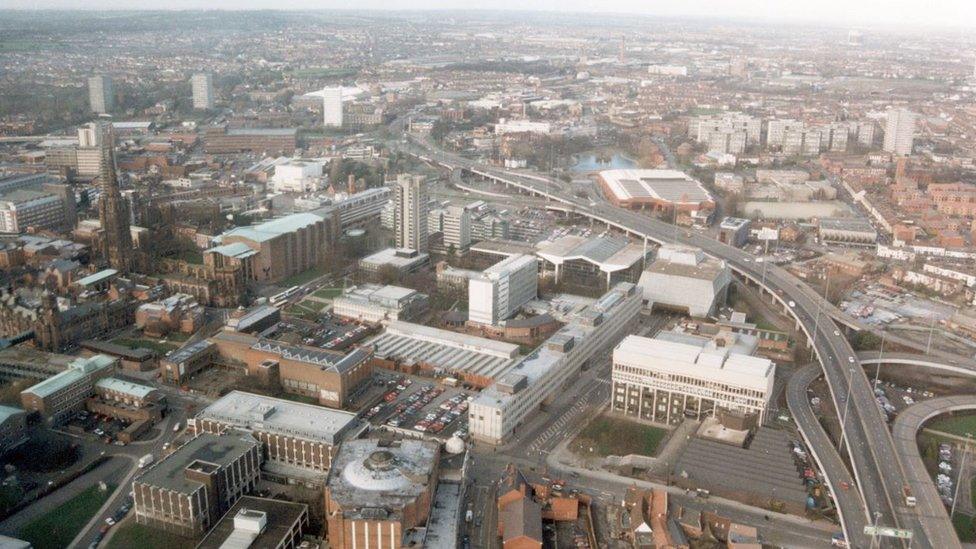
- Published26 January 2022
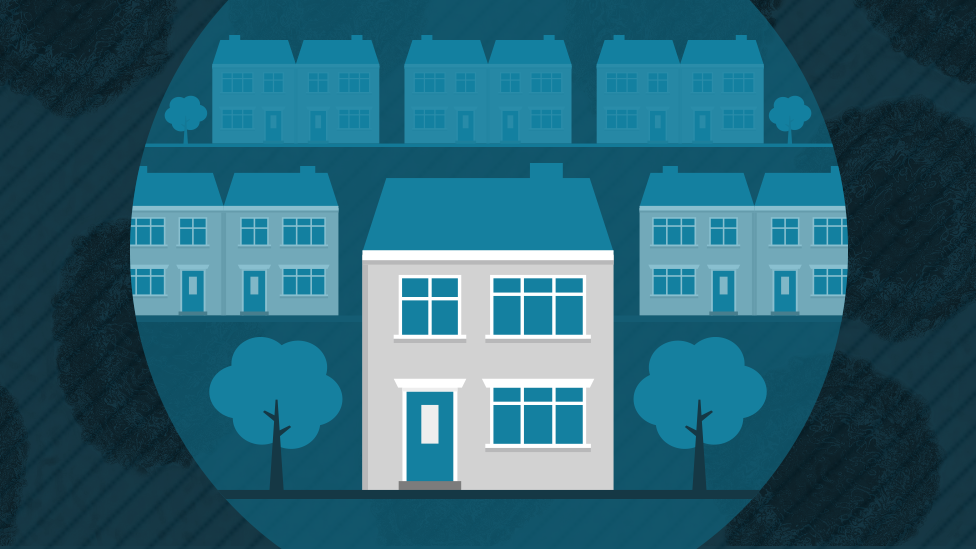
- Published25 January 2022

- Published22 February 2022
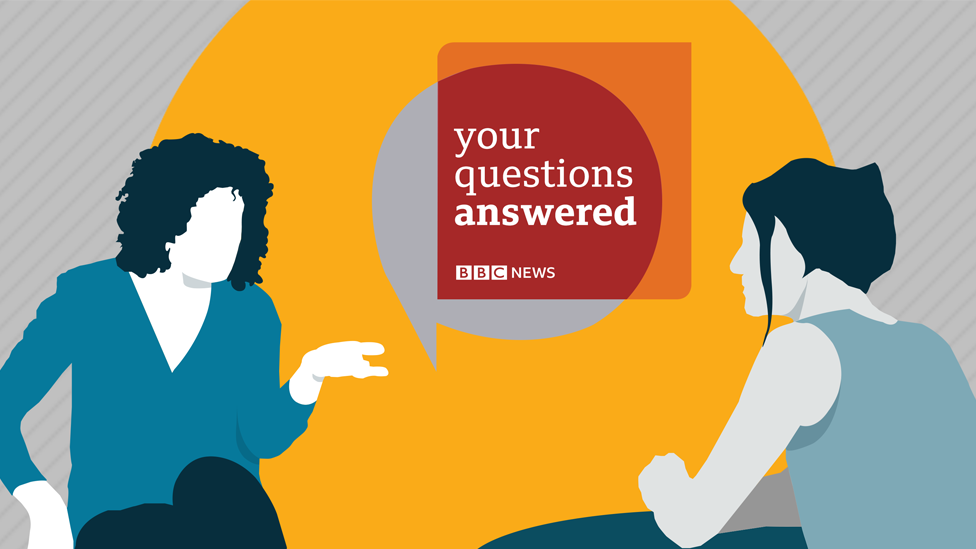
- Published22 October 2020
